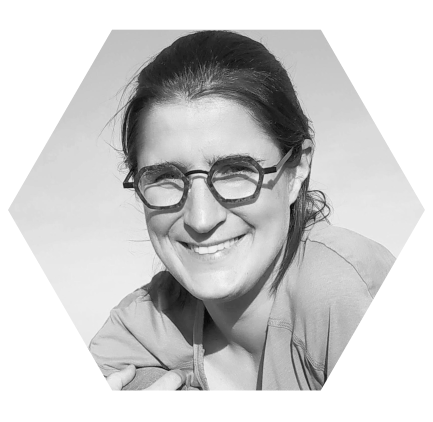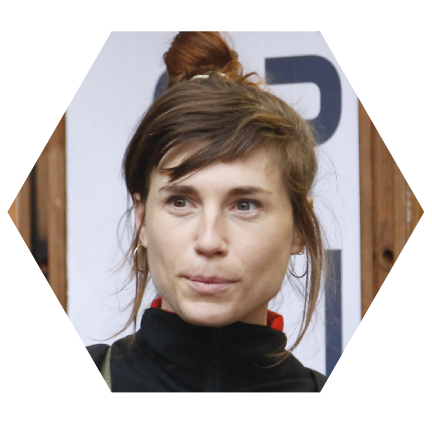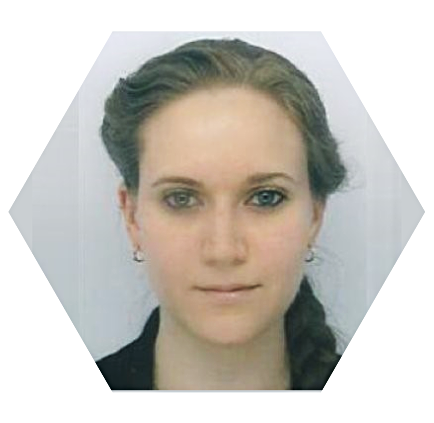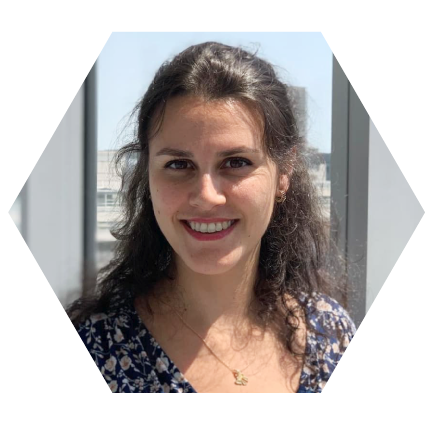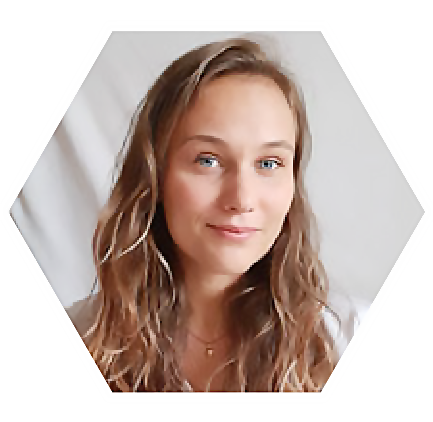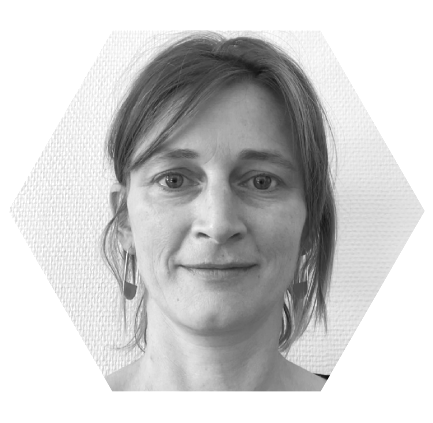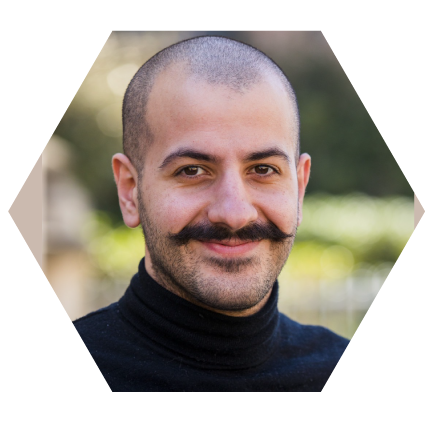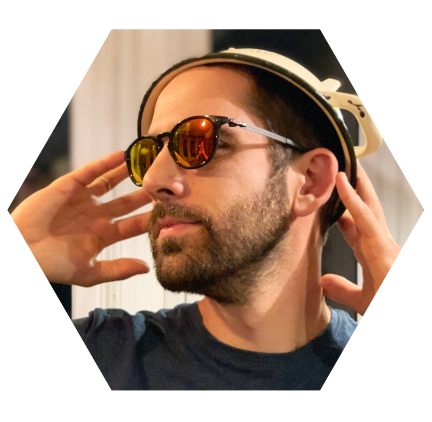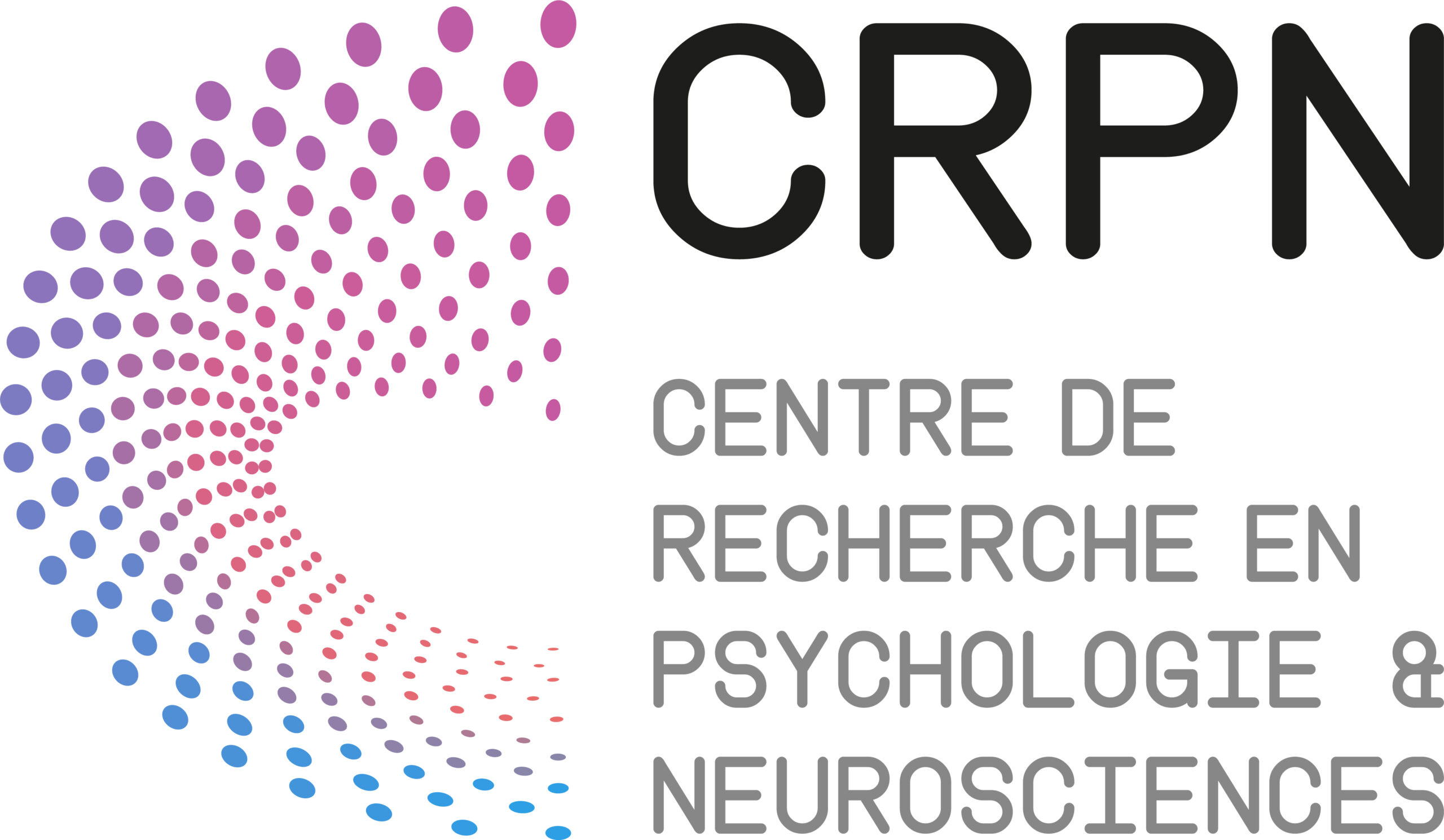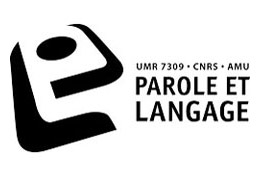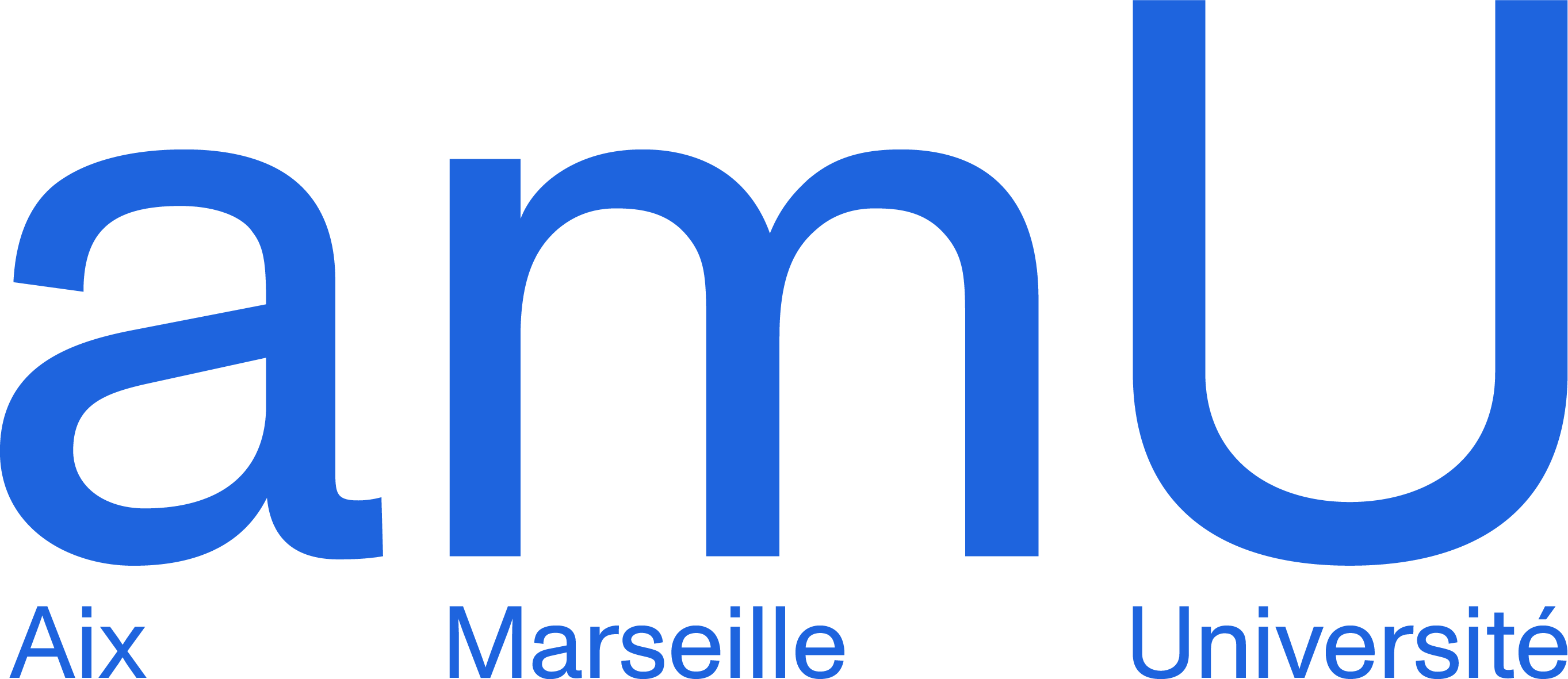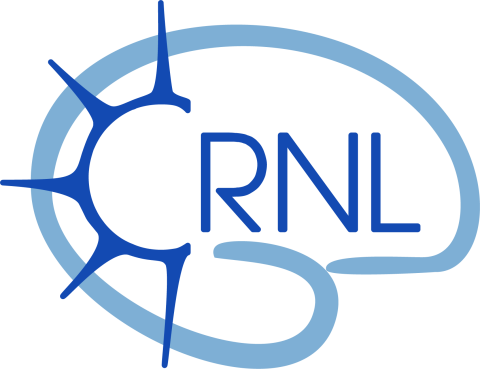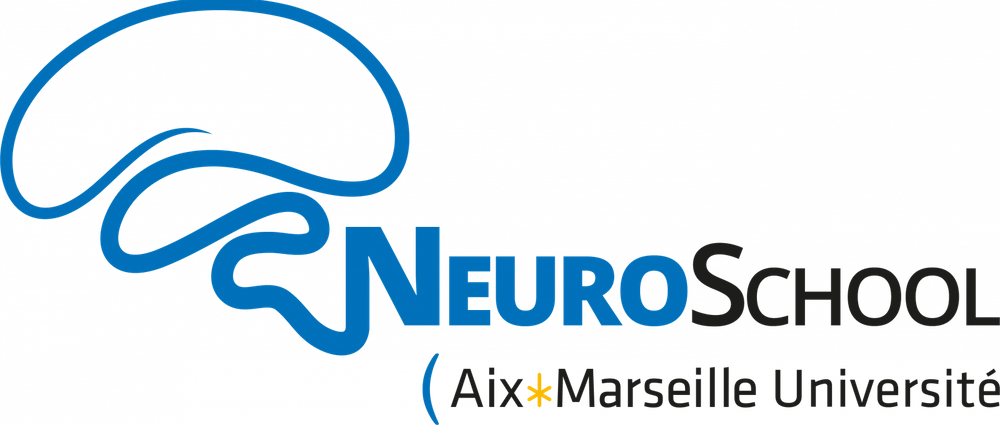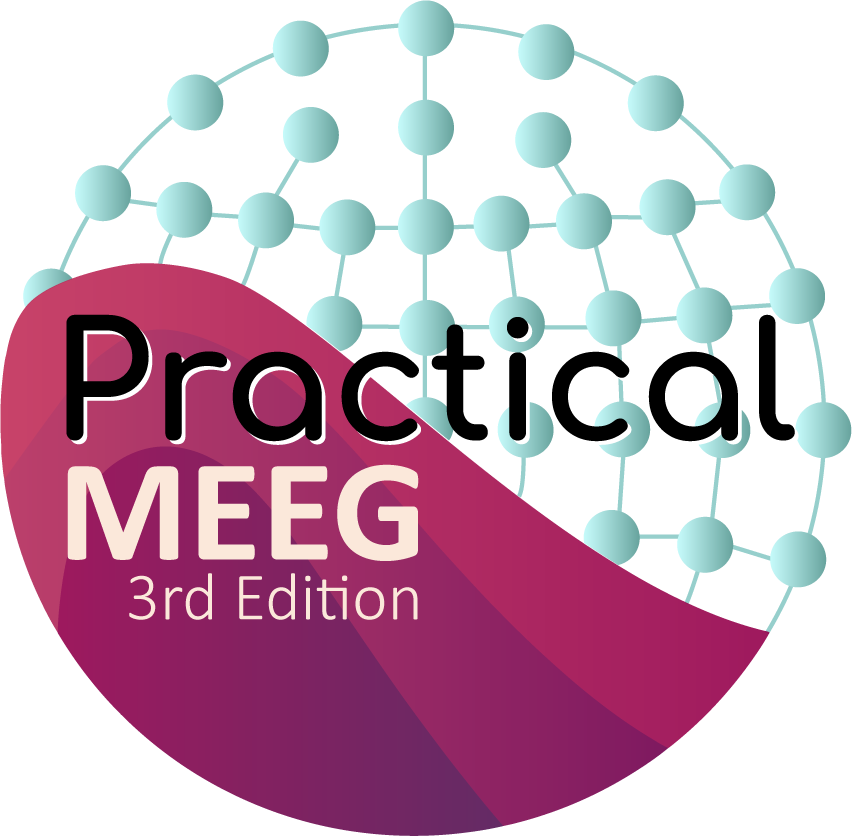
Oct 27-31, 2025
Aix-Marseille Université
France
Three ways to join!
Regular participants
3.5 days analysis training in M/EEG with one toolbox
Optional poster presentation
No prior experience in M/EEG analysis required
Register here ASAP
Fee 450€
TrainEErs
Half day instructor training + 3.5 days as a teaching assitant with one toolbox
Optional poster presentation
Advanced experience with one toolbox required
Apply here by August 1st
Fee 650€
Toolbox bouquet florist
1-3h teaching others to use your tool on Oct. 30 pm.
Online only satellite (no poster)
Know your tool and be ready to present it
Apply here by July 1st
FrEE
PracticalMEEG
Context
Analysing MEG or EEG data requires mastering complex mathematical concepts and software toolboxes with specific capabilities, balancing efficiency, ease of use, and the specific analytical methods needed for a specific study. Choose your toolbox, and join PracticalMEEG!
Content
PracticalMEEG offers an intensive three and a half day training program featuring both plenary presentations of the theoretical concepts and immersive hands-on tutorials for four open-source packages: FieldTrip, EEGLAB, MNE-Python, and Brainstorm. Attendees will develop practical skills to create a complete MEEG analysis pipeline from preprocessing and source level analysis to group-level statistics – based on exemplar or personal dataset using one or more of the four leading software
New this year
A dedicated TrainEErs track for participants with strong expertise in one of these toolboxes who want to develop their training skills.
A poster session will allow participants to present their latest results and discuss their methodological approaches and implementation with pairs.

The Cutting Panther initiative rises against systemic oppressions, empowering people to safeguard the community. For this edition we will focus on gender bias. Let’s stand as allies in this movement toward a safer, more respectful world for everyone!
Keynote : AI use in M/EEG analyses: How to be a (good) practitioner in LLM era ?
Sylvain Chevallier, LISN-CNRS, France
AI-based models are ubiquitous in many scientific domains, with fast-evolving technologies and actors, and M/EEG research is no exception. On the one hand, transformers offer powerful models for brain time series encoding/decoding, even though foundation models have yet to be largely adopted by the community. On the other hand, AI tools are currently revolutionizing experimental practice, offering an impressive range of empowering agents for M/EEG practitioners. But a good MEEG practitioner should know the tricks of the trade for all the tasks required to complete a study: experimental design, bibliographical search, code writing, results interpretation, paper writing… and large language models (LLMs) — such as ChatGPT and other conversational agents — are available to assist you in all those tasks. Should you use them? Could you have confidence in the bibliographical references of LLMs? Is it possible to do vibe coding for your preferred MEEG toolbox? And what is vibe coding and could you do vibe research? During this lecture, we will investigate all these topics and more, like the environmental cost of using LLM, their legal implications and their ethical limits.

Speakers

Robert Oostenveld
DCCN, The Netherlands
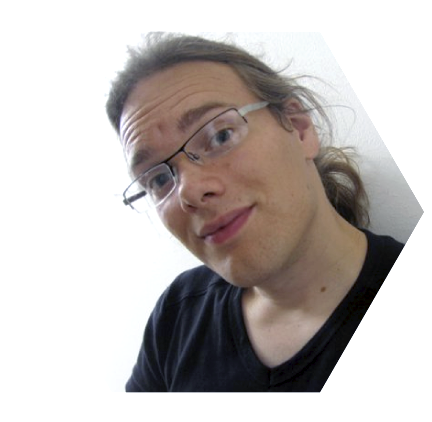
Marijn Van Vliet
Aalto University, Finland
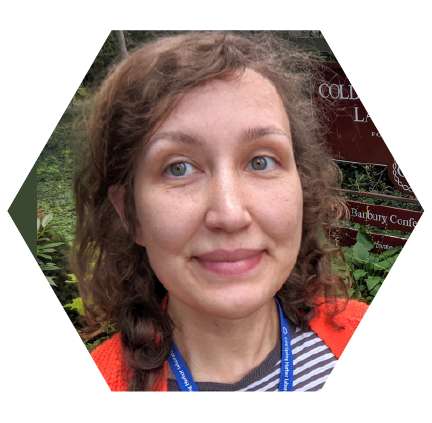
Natalie Schaworonkow
ESI Frankfurt, Germany
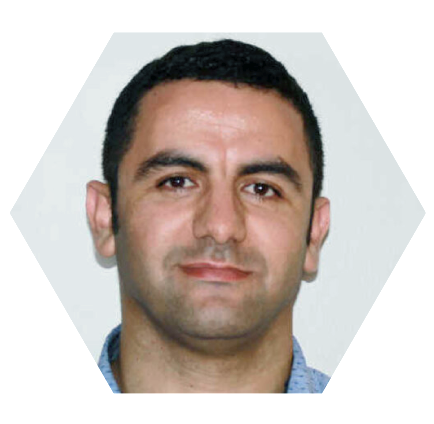
Takfarinas Medani
Univ. Southern California, USA
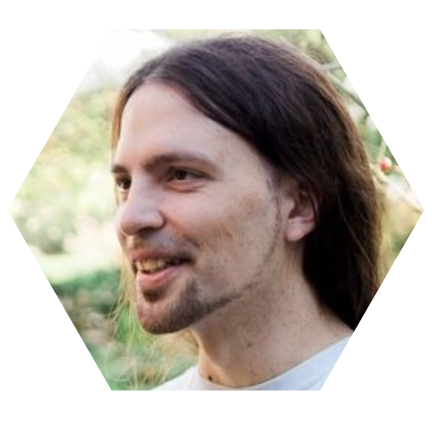
Sylvain Chevallier
LISN-CNRS, France
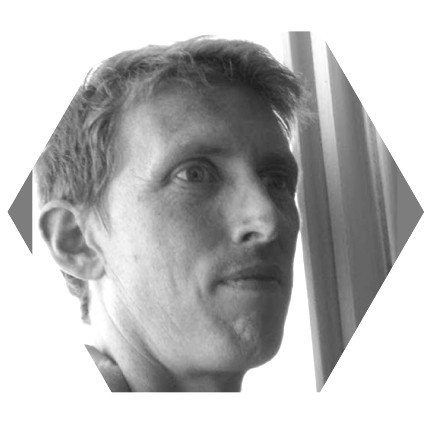
Romain Grandchamp
LPNC, France
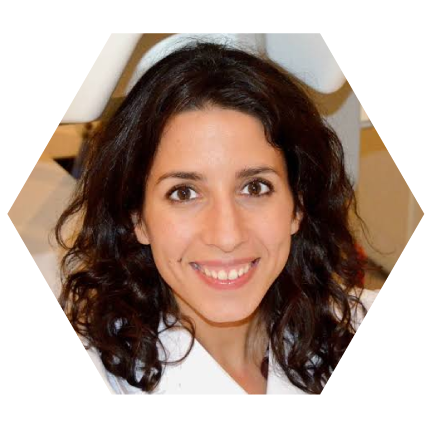
Guiomar Niso
Cajal Institute, Spain
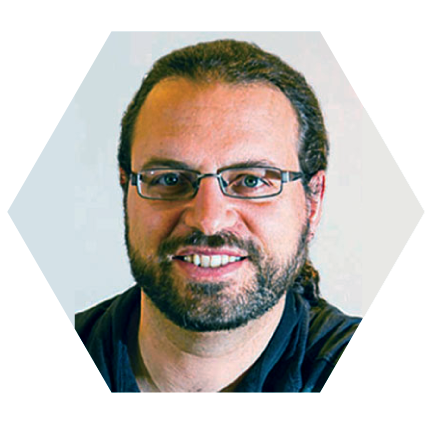
Arnaud Delorme
UCSD, USA

John C. Mosher
University of Texas, USA

Songyun Bai
DCCN, The Netherlands
TAs (TrainEErs Assistants)
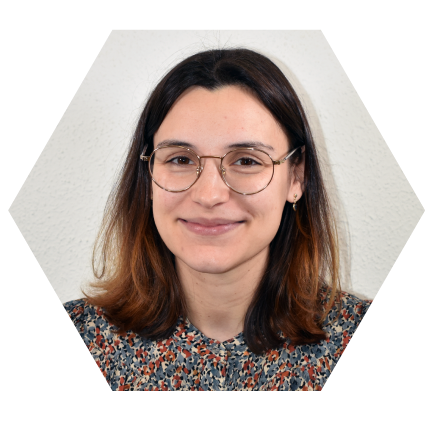
Cristina Gil Ávila
Univ. Madrid, Spain
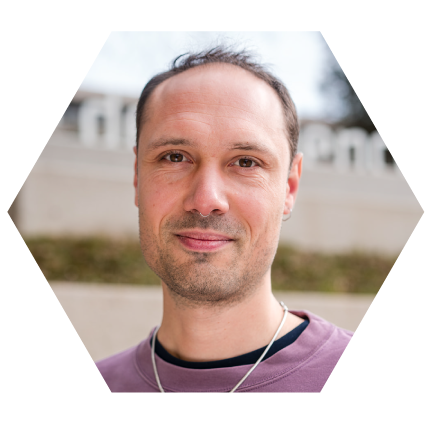
Giorgio Marinato
INT, AMU, France
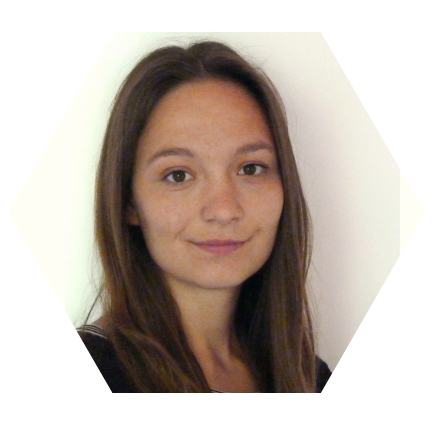
Maria Pfeiffer
University of Würzburg, Germany
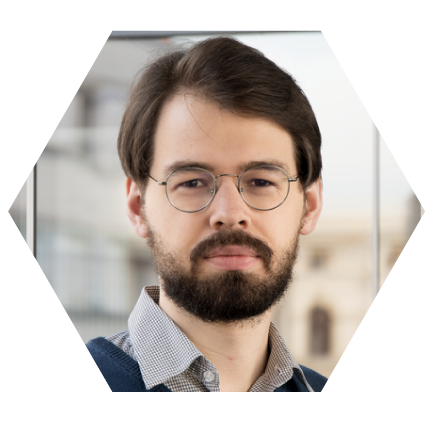
Nikolai Kapralov
Max Planck Institute, Germany
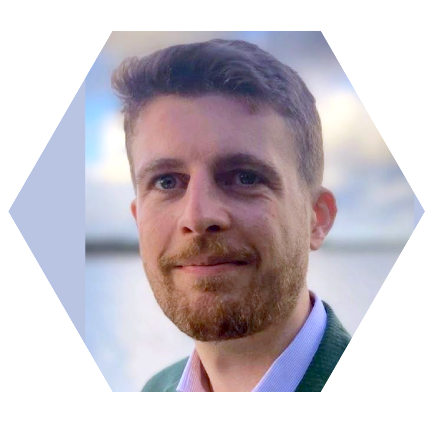
Rémy Masson
Institut Pasteur, France
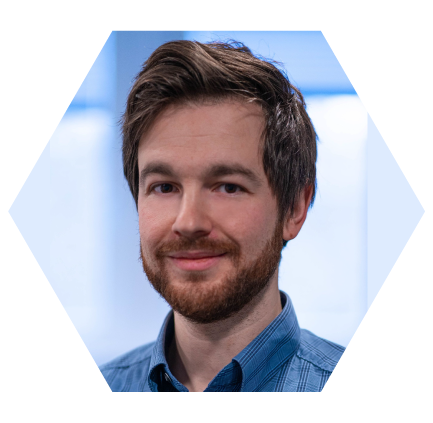
Simon Kern
ZI Mannheim, Germany

Tzu-Yu Hsu
Institute of Cognitive Neuroscience, NCU, Taiwan
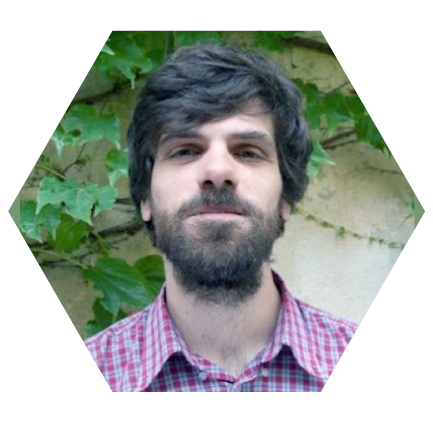
Paolo Canal
IUSS Pavia, Italy
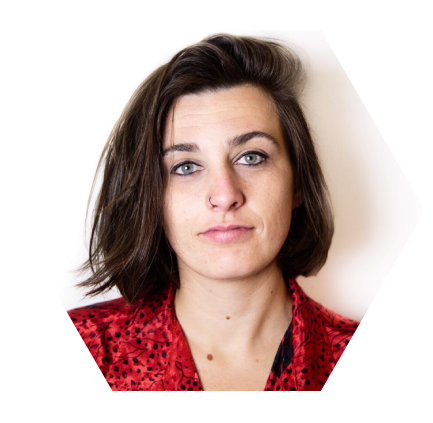
Judith Nicolas
CRNL, France
Organizers
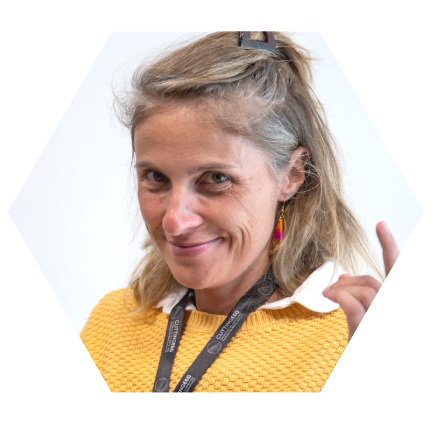
Christelle Zielinski
LPL-AMU, France
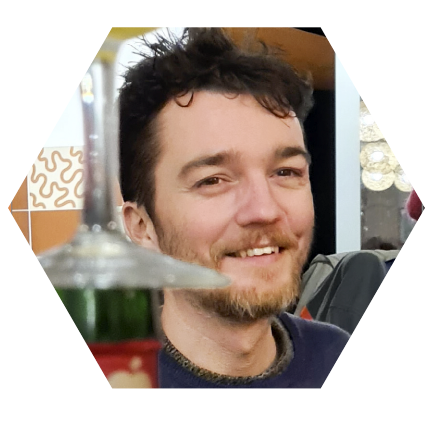
Maximilien Chaumon
CENIR, ICM, CNRS, France

Clément François
LPL-AMU, France
